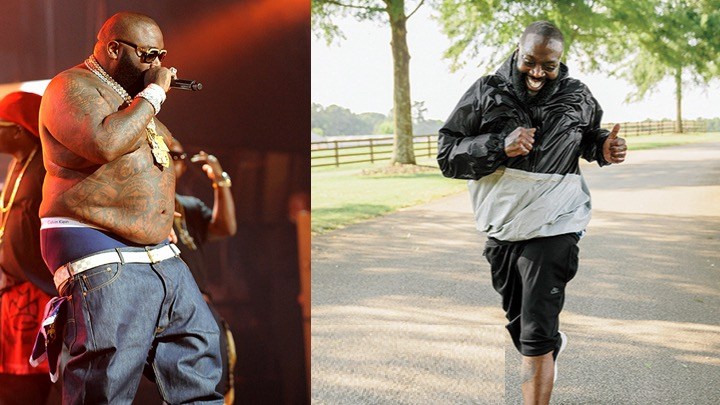Weight loss: Ready to change your habits?
Your weight-loss success depends in large part on your readiness to take on the challenge. If you jump in before you're ready, your weight-loss plan might buckle under the first challenge.
Knowing that you need to make changes in your life and actually doing it are two different things.
Use these questions to assess your readiness to lose weight.
1. Are you motivated to make long-term lifestyle changes?
Successful weight loss depends on permanent lifestyle changes, such as eating healthy, lower calorie foods and including physical activity in your daily routine. That could represent a significant departure from your current lifestyle.
You might need to overhaul your diet so that you're eating more whole grains, fruits, vegetables and low-fat dairy products, for example. You'll also need to find time for physical activity, ideally at least 30 to 45 minutes — or more — nearly every day of the week.
Whether your motivation for undertaking these changes is better health, improved appearance or simply feeling better about yourself, find your motivation and focus on it.
2. Have you addressed the big distractions in your life?
If you're dealing with major life events, such as marital problems, job stress, illness or financial worries, you might not want to add the challenge of overhauling your eating and exercise habits. Instead, consider giving your life a chance to calm down before you launch your weight-loss program.
3. Do you have a realistic picture of how much weight you'll lose and how quickly?
Achieving and maintaining a healthy weight is a lifelong process. Start by making sure your weight-loss goal is safe and realistic, such as losing 5 percent of your current weight.
Then aim to lose 1 to 2 pounds (0.5 to 1 kilogram) a week until you reach your goal. This means burning 500 to 1,000 calories more than you consume each day — through diet and exercise.
You might lose weight more quickly if you change your habits significantly. Be careful, though. Radical changes that aren't sustainable aren't likely to be effective over the long term.
4. Have you resolved any emotional issues connected to your weight?
Emotions and food are often intertwined. Anger, stress, grief and boredom can trigger emotional eating. If you have a history of an eating disorder, weight loss can be even trickier.
To prepare for the challenges, identify any emotional issues related to food. Talk to your doctor or a mental health provider, if needed.
-
Lose Belly Fat - Get A Flat Stomach, Slim Legs, Thin Thighs Once And For All
Millions of women get up in the morning, look in the mirror and see a
-
7 Insantly Useable Weight Loss Tips
Looking for some extra fat loss this wee
-
Time Tested Strategies For Effective Weight Loss
There are so many ideas out there concer
-
Liposuction Cost
Liposuction is considered as a surgery t
-
Top Weight Loss Tricks - Rapid Weight Loss
Selecting the top weight loss tricks for rapid loss of weight and impr
-
Temporal arteritis (giant cell arteritis) risk, relation to polymyalgia rheumatica
Temporal arteritis, also known as giant cell arteritis or GCA,
- DON'T MISS
- Try Free Weight Loss Websites
- 5 Super Foods That Help You Get Fit Fast
- Is That Beer Belly Causing Your Back Pain? The Truth May Shock You
- Experience Weight Reduction In As Little As A Week
- Losing Weight
- Slim Weight Loss- Learn The 3 Important Techniques To Hit Two Targets: Weight Loss & Slim Body
- Lose Weight Fast Diets – How To Choose the Proper One For You
- Now’s The Time To Start Slimming Down
- Learn To Achieve Successful Weight Loss By Simply Tracking Your Food
- Weight Loss Techniques - Easy Fast Weight Loss With No Deprivation




